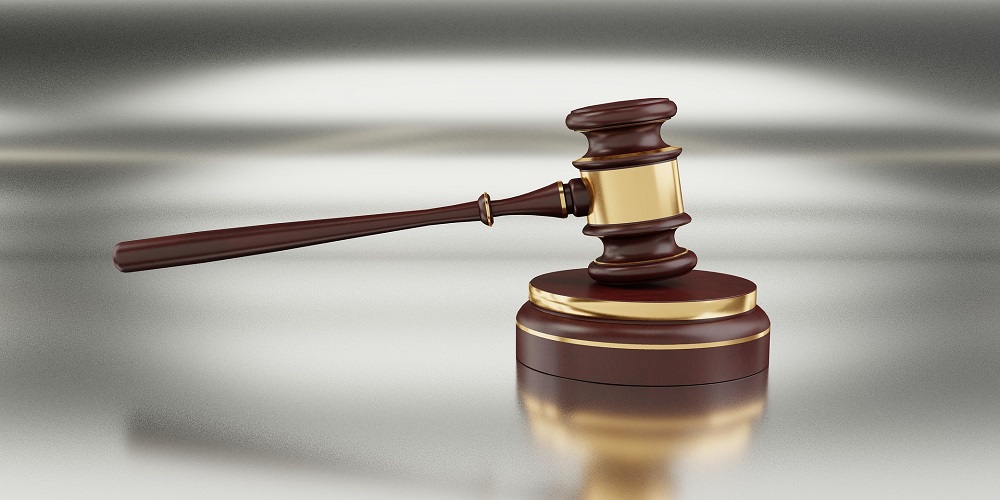Getting charged with a criminal case can take a heavy toll on your life and career, regardless of your involvement with the crime.
Thankfully, you can tackle a criminal case with the help of a lawyer and a valid legal defence to criminal charges. In fact, one of the first things to do when charged with a crime is to look for a good defence. That will help you and your lawyer to fight the case in the courtroom.
Unfortunately, many people have no idea about the different legal defences available to them. That is why this guide has listed some of the most common ones so that you can plan the best possible approach for your case.

7 Different Legal Defences In Criminal Law
1. Innocence
This is the simplest and the most common defence that can be used to tackle any criminal liabilities. You should raise this defence in court if you did not commit the crime. And while you can present documents and testimonies to prove your innocence, it is not entirely necessary.
2. Alibi
The alibi defence is another effective strategy that can be used to prove your lack of involvement with a crime. In this case, you will have to provide supportive evidence that indicates you were not at the crime scene at the time of the crime. This evidence can include testimonies, surveillance footage, phone records, or receipts from stores, restaurants, bars, movie theatres, or other establishments.
3. Self-Defense
In case you did commit the crime, you can use this particular defence to justify those actions. It is commonly used for violent cases like assault or murder, and it proves to the court that you acted violently to protect yourself against harm.
4. Defense-Of-Property
This particular defence is very similar to the one previously discussed, except for one slight difference. Here you have to prove that your actions were to protect your property from damage or destruction.
5. Intoxication
You could use this defence if you committed the crime in a highly intoxicated state. In such a situation, it shows a lack of intent, as people intoxicated with drugs or alcohol often do not know what they are doing. However, it is only applicable if you were intoxicated involuntarily or against your will.
6. Necessity
This defence is applicable if someone commits a crime to prevent greater harm. For instance, if you stole food to prevent your family from starving, this defence can be used.
7. Duress
If you were forced or coerced by someone to commit the crime, then this defence is suitable. However, you will have to give supporting evidence that proves you were forced or threatened, or else the defence will not hold.
Conclusion
There are many other criminal defences that can be used to argue your case in court, but the ones described above are the most common. Of course, all of these defences will be reviewed by the judge thoroughly to ensure they are valid, so you should provide sufficient evidence to support your defence.
This is where a good criminal lawyer is necessary, as they can do additional investigations to gather evidence that justifies your actions. So, if you are entangled in a criminal case, contact a good criminal lawyer today!
